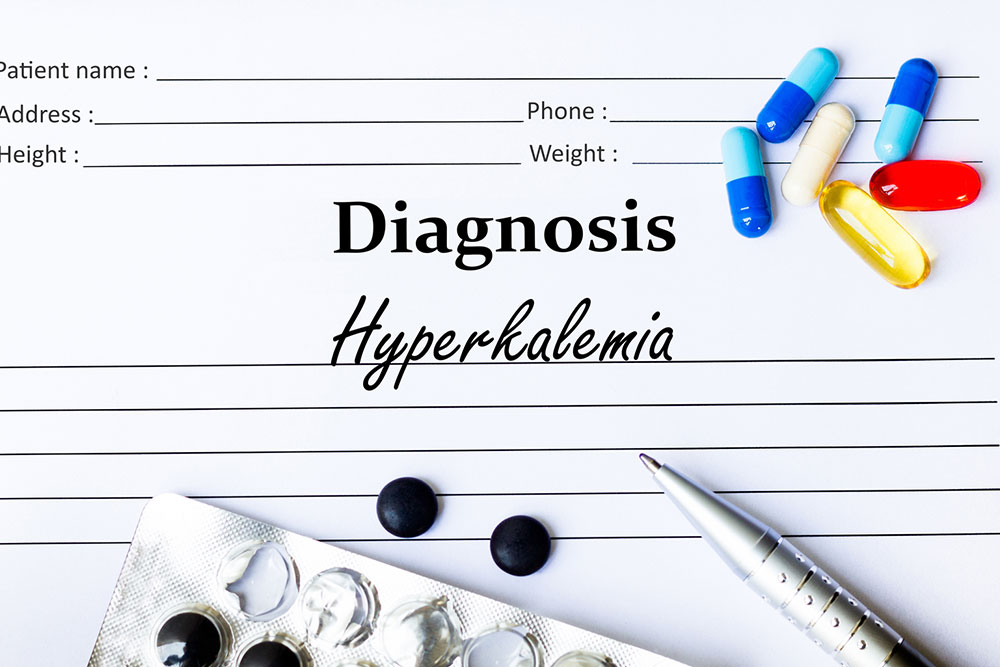Understanding Hyperkalemia: Causes, Signs, and Treatment Options
Hyperkalemia involves dangerously high potassium levels in the blood, which can cause symptoms like irregular heartbeat and muscle weakness. Causes include kidney failure, medication use, and muscle breakdown. Immediate medical treatment, including medication and dialysis, is vital. Long-term strategies involve dietary management and lifestyle adjustments. Early detection and professional care are key to preventing severe complications such as heart failure and paralysis.
Sponsored

Hyperkalemia is a medical condition characterized by elevated potassium levels in the bloodstream. Normal potassium levels typically range from 3.6 to 5.2 millimoles per liter. Levels exceeding 6.0 mmol/L pose health risks and require prompt medical intervention.
Signs to Watch For
Symptoms vary based on potassium concentration. Mild increases may cause no symptoms, but higher levels can lead to noticeable issues such as:
Numbness or tingling sensations
Nausea or vomiting
Breathing difficulties
Chest discomfort
Irregular heartbeat or palpitations
Detecting these signs is critical, as severe hyperkalemia can cause paralysis or even heart failure if left untreated.
Common Causes
Kidney impairment is the primary cause, as kidneys help eliminate excess potassium. Failure leads to accumulation of potassium in the blood.
Use of certain medications, including some chemotherapy drugs, ACE inhibitors, and angiotensin receptor blockers, can elevate potassium. Excessive intake of potassium supplements is another factor.
Other contributors include dehydration, type 1 diabetes, Addison’s disease, internal bleeding, or severe burns damaging red blood cells.
Muscle breakdown from heavy alcohol or drug use releases high potassium levels into the bloodstream.
Treatment Strategies
Hyperkalemia treatments are categorized into immediate (acute) and long-term approaches.
Acute care involves hospitalization and rapid interventions like:
Administering glucose and insulin intravenously to shift potassium into cells
Providing intravenous calcium to protect the heart and muscles temporarily
Using medications that promote potassium excretion or shift it into cells
Administering sodium bicarbonate to treat acidosis
Dialysis may be necessary if kidney function is compromised
Discontinuing potassium supplements under medical supervision
Using diuretics to enhance potassium elimination via kidneys
Once stabilized, long-term management includes adopting a low-potassium diet, avoiding supplements, and maintaining a healthy lifestyle. Consulting a healthcare professional before implementing any changes is essential to prevent serious health issues from unmanaged hyperkalemia.






